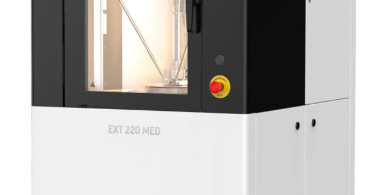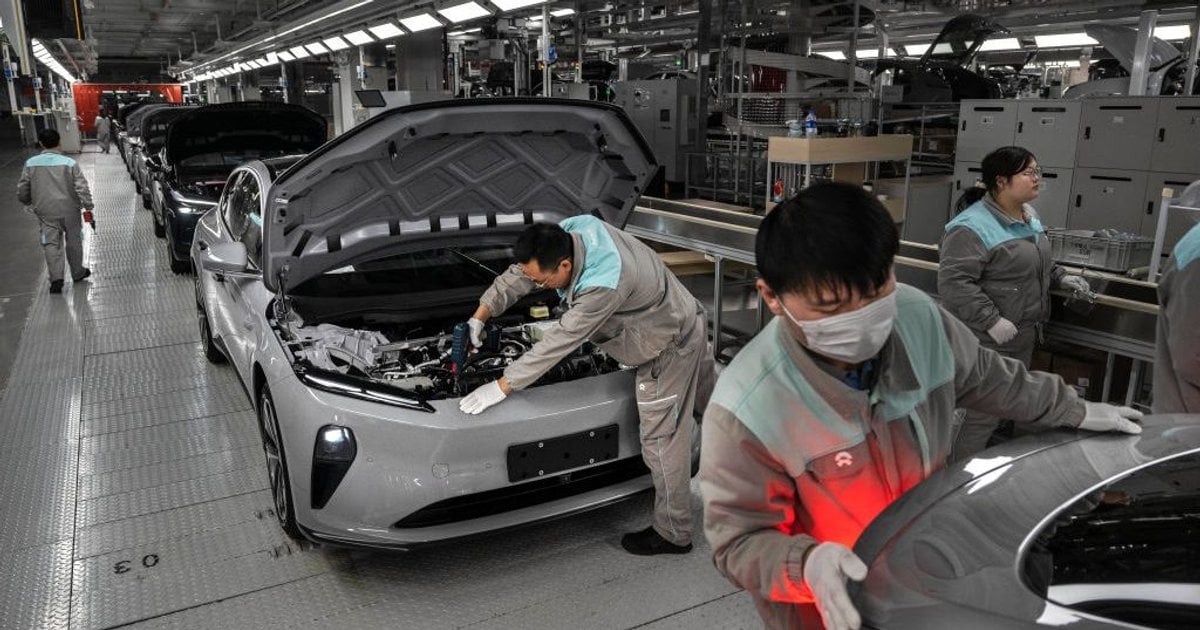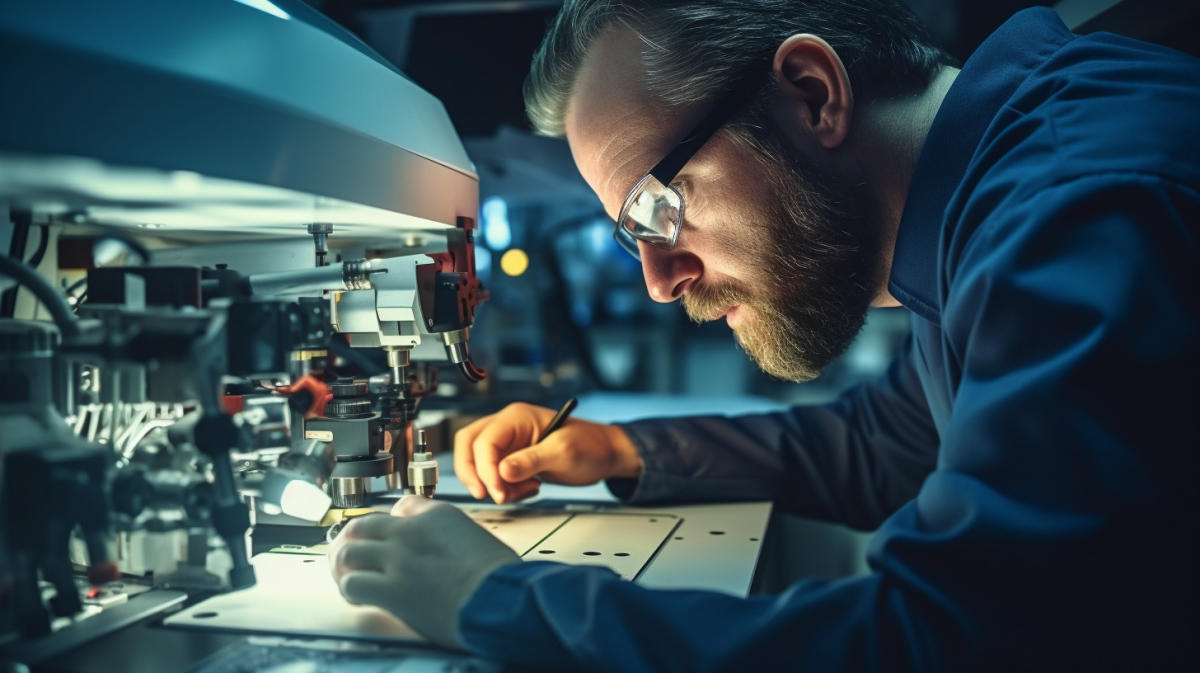Revolutionizing Medical Care: 3D Systems Brings Facial Implants Directly to Hospitals
Manufacturing
2025-04-15 18:19:00Content

In a groundbreaking advancement for medical technology, 3D Systems has revealed that its cutting-edge point-of-care additive manufacturing solution has successfully enabled the design and production of the first Medical Device Regulation (MDR)-compliant 3D-printed PEEK facial implant. This milestone represents a significant leap forward in personalized medical device manufacturing, showcasing the potential of advanced 3D printing techniques to revolutionize reconstructive surgery.
The innovative use of PEEK (polyether ether ketone), a high-performance polymer known for its biocompatibility and mechanical strength, demonstrates the precision and capabilities of 3D Systems' advanced manufacturing technology. By achieving MDR compliance, this breakthrough ensures that the facial implant meets the most rigorous medical standards, providing surgeons and patients with a safe, customizable, and technologically sophisticated solution for complex facial reconstructions.
This development highlights the transformative power of additive manufacturing in healthcare, offering unprecedented opportunities for creating patient-specific medical devices that can dramatically improve surgical outcomes and patient quality of life.
Revolutionary Medical Breakthrough: 3D Printed PEEK Facial Implants Redefine Surgical Precision
In the rapidly evolving landscape of medical technology, additive manufacturing is transforming surgical interventions with unprecedented precision and personalization. The convergence of advanced materials science and cutting-edge manufacturing techniques is opening new frontiers in patient-specific medical solutions, promising more effective and less invasive treatment options.Pioneering Medical Innovation: Where Technology Meets Human Healing
The Emergence of Advanced Manufacturing in Medical Reconstructive Surgery
Medical reconstructive surgery has long sought innovative approaches to restore form and function with minimal invasiveness. PEEK (Polyether Ether Ketone), a high-performance polymer renowned for its biocompatibility and mechanical strength, represents a quantum leap in implant technology. Unlike traditional materials, PEEK offers remarkable properties that closely mimic human tissue characteristics, enabling surgeons to create implants that integrate seamlessly with the patient's anatomical structure. The development of 3D-printed PEEK facial implants represents more than a technological achievement; it symbolizes a paradigm shift in personalized medical interventions. By leveraging advanced computational modeling and precise additive manufacturing techniques, medical professionals can now design implants that are not just replacements, but true extensions of the human body.Technological Complexity Behind MDR-Compliant 3D Printing
Achieving Medical Device Regulation (MDR) compliance is an intricate process that demands rigorous scientific validation and stringent quality control. The successful creation of a 3D-printed PEEK facial implant requires sophisticated engineering capabilities that integrate multiple disciplines: materials science, computational design, biomechanical engineering, and advanced manufacturing technologies. The MDR compliance framework ensures that every implant meets exacting standards of safety, performance, and patient outcomes. This involves extensive testing protocols that evaluate mechanical properties, biocompatibility, sterilization resistance, and long-term tissue interaction. The breakthrough achieved by 3D Systems represents not just a technological milestone, but a testament to the meticulous research and development required to transform medical imaging into tangible, life-changing solutions.Implications for Patient-Specific Medical Interventions
Patient-specific medical interventions are revolutionizing healthcare delivery by moving beyond one-size-fits-all approaches. 3D-printed PEEK facial implants exemplify this transformation, offering unprecedented customization that considers individual anatomical nuances, aesthetic requirements, and functional demands. The ability to create implants that are precisely tailored to each patient's unique physiological characteristics represents a significant advancement in reconstructive medicine. Surgeons can now design implants that not only restore structural integrity but also optimize aesthetic outcomes, potentially reducing recovery times and improving overall patient satisfaction.Future Horizons of Additive Manufacturing in Medical Technology
The successful development of MDR-compliant 3D-printed PEEK facial implants signals a broader technological revolution in medical manufacturing. As computational capabilities expand and material sciences advance, we can anticipate increasingly sophisticated medical solutions that blur the boundaries between technology and human biology. Emerging research suggests that future iterations of such implants might incorporate additional functionalities, such as embedded sensors for monitoring healing processes or biomaterials that actively promote tissue regeneration. The convergence of artificial intelligence, advanced materials, and precision manufacturing promises a future where medical interventions become increasingly personalized, minimally invasive, and fundamentally transformative.RELATED NEWS
Manufacturing

Breaking: Tech Startup Revolutionizes Nearshore Manufacturing Connections
2025-04-18 12:00:00
Manufacturing

Breaking Barriers: The Insider's Guide to Conquering Level 3 Like a Pro
2025-04-02 15:21:00
Manufacturing

Strategic Partnership Unlocks Next-Gen ARWEN™ Production: KWESST Taps Nordon Inc. for Cutting-Edge Manufacturing
2025-03-28 12:53:00





